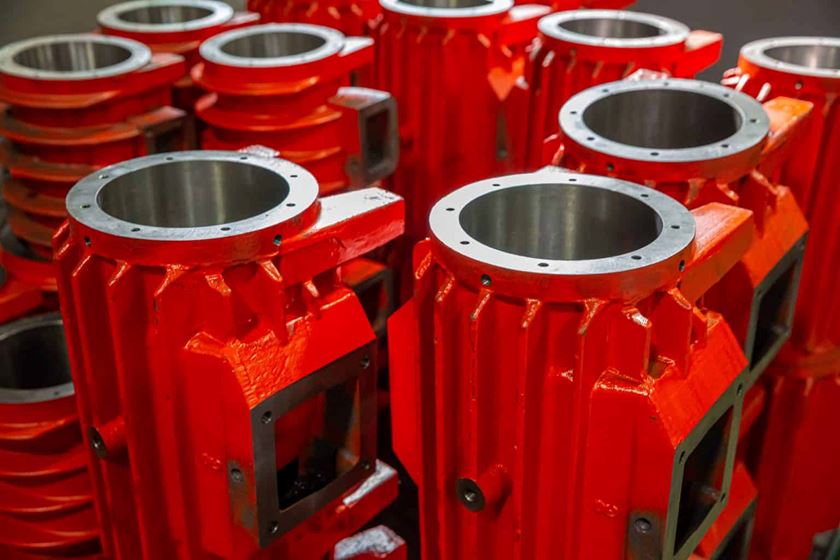Why You Matter
With jobs as top priority, the country's political discourse is turning back to its waning manufacturing sector.
It’s an easy answer.
It’s an easy answer. Jobs.
It seems some politicians are starting to realize that relying solely on a “service economy” could be both economically and politically untenable. Unemployment rates are high, the outlook for job growth remains weak, and politicians are scrambling for a fix.
This is where the service economy model fails. The national shift away from manufacturing has been a disaster for working and middle-class America. Unfortunately, it has required an economic catastrophe to realize this. Now, the decisions of our past are coming home to roost. Manufacturing (ie: your business) is a cornerstone of a healthy economy. It creates jobs, and in many cases, high value jobs.
Nothing gets a reaction from policymakers faster than a dire economic situation. In today’s world, this is the only way real change happens. And for the first time in recent memory, manufacturers are being heard. The results have yet to play out, but there are several proposals that have received recent attention.
One such proposal from the Association For Manufacturing Technology (AMT) frames the case for a “National Manufacturing Policy” and a rebound of manufacturing in the U.S. Some of the highlights include directives for the U.S. government providing policies to: Incentivize innovation and R&D in new products and manufacturing technologies; assure availability of capital; increase global competitiveness and promote exports; minimize structural cost burdens; enhance collaboration between government, academia and industry; and build a better educated and trained workforce.
These straightforward principles are difficult to argue. Most of the people that read Products Finishing are shop owners or manufacturing engineers in charge of producing high quality products at the lowest possible cost. Everything mentioned in the AMT’s National Manufacturing Policy will only help further that endeavor.
How, if, and when these principles will maneuver their way through our political system and be enacted as state or federal regulation is another matter altogether. As an industry, if we wait for this type of policy to address our more acute and immediate needs, we will fail.
What the AMT has devised is a coherent, easily digestible message for our policy makers. It’s needed, but for most of you the need for innovation is a more pressing matter. The point here is that government can help us, but at the end of the day, we have to help ourselves. If you’ve survived this “culling of the heard” then you probably have a mantra of healthy paranoia that’s kept you in the game. And invariably, you’re doing something right.
This is why you matter. Manufacturing is becoming the darling of the coming economic revival. You employ the people that are adding value, and you have the greatest chance of creating more jobs that do the same. Right now, nothing gets more attention than job creation. As a group of people that employs thousands, we matter.
PF has long professed the value of technology and innovation. We write about products and processes that you can employ now. As this conversation moves forward, the outcome will not change your need for the healthy paranoia that drives you to stay ahead of both local and global competition. But for the first time in a quite a while, our leaders in Washington are talking about things that matter to us and, in my opinion, matter to the future of our country. Let’s see if their actions speak louder than their words.















